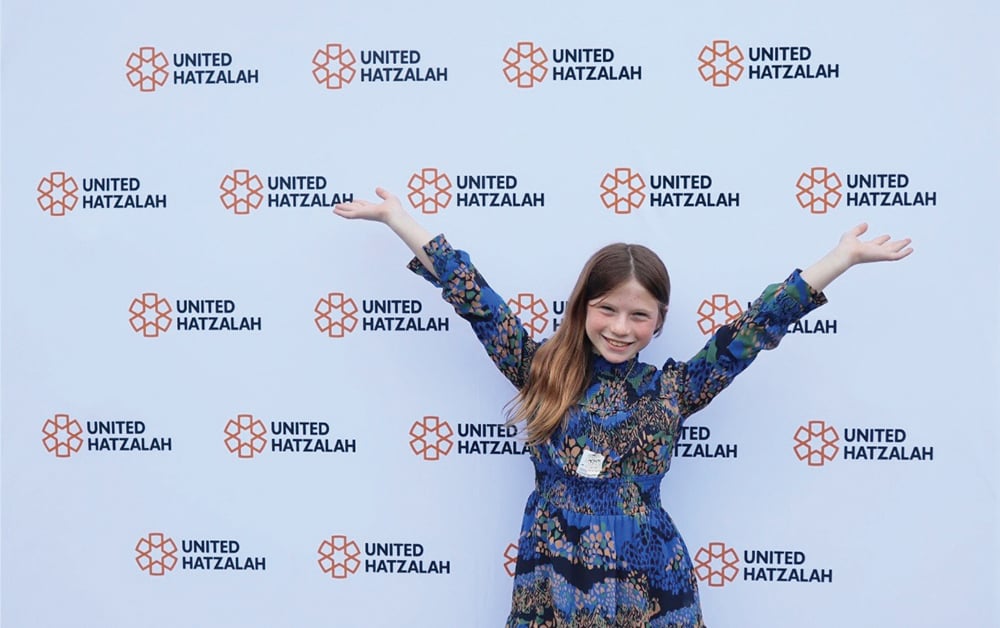וַיֹּאמֶר משֶׁה אֶל אַהֲרֹן הוּא אֲשֶׁר דִּבֶּר יְדֹוָד לֵאמֹר בִּקְרֹבַי אֶקָּדֵשׁ וְעַל פְּנֵי כָל הָעָם אֶכָּבֵד וַיִּדֹּם אַהֲרֹן
(ויקרא י:ג)
“Then Moshe said to Aharon, ‘This is what Hashem meant when He said: “Through those near to Me, I will be sanctified and gain glory before all the people.”’And Aaron was silent,” (Vayikra 10:3).
In this pasuk, Moshe consoles Aharon about the perishing of his two children, Nadav and Avihu through a fire that originated from before Hashem. Rashi first explains the opening phrase: “hu asher diber Hashem bikrovei ehkadeish.” This is what Hashem meant when He said: “Through those that are near to Me, I will be sanctified.” Rashi explains that Moshe told Aharon that when Hashem commanded to build the Mishkan, Hashem said that the Mishkan will be consecrated by the death of someone very righteous, who is very close to Hashem, and that Aharon’s children were the righteous people that Hashem was referring to.
The next Rashi explains that, “the ones near to Me” means the ones whom Hashem chose.
The next Rashi explains the last phrase in the pasuk, “vayidom Aharon—and Aharon was silent,” that Hashem rewarded Aharon for accepting the verdict. The last Rashi on the pasuk goes back and explains the last part of the first phrase, “hu asher diber Hashem bikrovei ehkadeish—and I will gain glory before all the people,” that this means, “Hashem becomes feared, exalted and praised when Hashem executes punishment on the righteous,” because people say to themselves that if Hashem is so stringent with the righteous, how much more so with the wicked.
Zera Shimshon asks the obvious question: Why did Rashi explain the phrase, “vayidom Aharon—And Aharon was silent,” which is written in the end of the pasuk, before he explained the phrases “with those near to Me” and “v’al pnei chol ha’am akabeid—and I will gain glory before all the people,” which are written in the beginning of the pasuk?
He answers that Moshe knew that his brother Aharon would not be devastated by his two children’s death. Moshe knew that Aharon understood that all that Hashem does is for the good and just as a young child cannot understand why his father does certain things, so too we cannot understand all that Hashem does. Their demise would not break Aharon. However, he was afraid that Aharon would be overcome with grief and pain because of the reason Hashem had them die. Moshe was afraid that Aharon would think that they died because of their misdeeds and even though it appeared to everyone that they were righteous, it was not a true reflection of their true level of righteousness, inside they were full of misdeeds.
Moshe, therefore, consoled him by saying that they really were tzaddikim and the reason that Hashem had them die was in order to sanctify Hashem’s name—just as Hashem told Moshe when he was commanded to build the Mishkan; that on the day of the consecration of the Mishkan, Hashem will be sanctified by the death of someone close to Hashem.
On the other hand, the phrase, “v’al pnei chol ha’am akabeid—and I will gain glory before all the people.” By itself wasn’t a consolation for Aharon. On the contrary, Aharon could have thought that since people don’t know what Hashem thinks, they would think that they died because of their misdeeds and this would be very insulting to Nadav and Avihu.
Therefore, immediately after Rashi explained that they were really tzaddikim, Rashi explained that he was consoled, since this was the real reason for Aharon being comforted.
Only after that, Rashi explained that Moshe added another consolation that even if people will erroneously think that Nadav and Avihu were not total tzaddikim and had died because of their misdeeds, their death caused a great kiddush Hashem, people will reason that if they were killed for a few misdeeds then certainly they must “get their act together!” However, since the main reason that Aharon was consoled was by knowing that his sons died because of their righteousness and not because of any misdeeds, Rashi explained this immediately adjacent to his being consoled and accepting the verdict of Hashem.
To summarize: Zera Shimshon was bothered why did Rashi explain the last phrase in the pasuk, “vayidom Aharon—and Aharon was silent,” before he explained the last part of the previous phrase, “v’al pnei chol ha’am akabeid—and I will gain glory before all the people.” He answers that Rashi did this to show that, “vayidom Aharon—and Aharon was silent,” which shows that he felt consoled about the death of his two children, Nadav and Avihu, is a direct result of the phrase, “hu asher diber Hashem bikrovei ehkadeish”—This is what Hashem meant when He said: “Through those that are near to Me, I will be sanctified,” and the main reason for Aharon’s feeling of consolation. The fact that “v’al pnei chol ha’am akabeid—and I will gain glory before all the people,” was only a secondary reason for Aharon’s consolation and, therefore, Rashi explained this only after he explained the phrase “vayidom Aharon—and Aharon was silent.”
HaRav Shimshon Nachmani—author of Zera Shimshon—lived in Italy about 300 years ago, in the time of the Or HaChaim HaKodesh. HaRav Shimshon Nachmani had one child who died in his lifetime (hence the name “Zera Shimshon”) and in the preface, he promises for people who learn his sefarim after he dies, “… And your eyes will see children and grandchildren like the offshoots of an olive tree around your tables, wise and understanding with houses filled with all manner of good things… and wealth and honor…”












